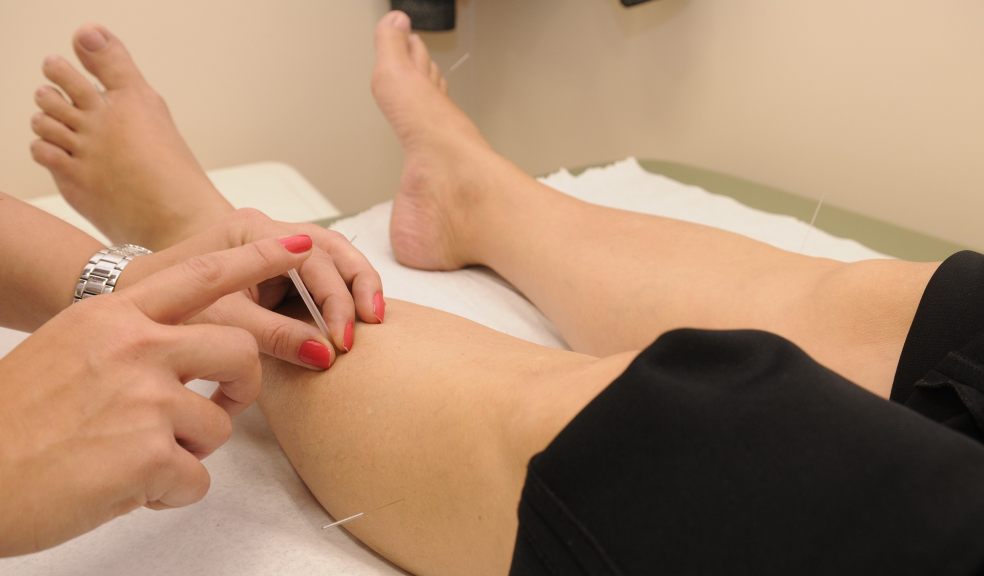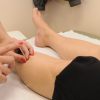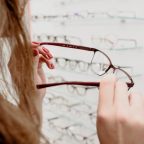
5 Careers in Complementary and Alternative Medicine (CAM)
If you are looking for a career which enables you to help people who are suffering, but without the use of surgery or drugs, the field of Complementary and Alternative Medicine or CAM could be ideal for you. Alternative therapies and medicine can be used in the treatment of both physical and mental illnesses. It often involves the use of ancient techniques and disciplines from other parts of the world as well as physical therapy, natural supplements, specialised diets, and herbs. There numerous CAM career paths which offer a great deal of job satisfaction and continuing progression, but here are five of the most popular for you to consider.
Acupuncturist
Acupuncture originated in China and is one of the most ancient practices in the world. A trained acupuncturist inserts tiny needles into the skin at specific points, which helps to relieve pain and illness. Acupuncture has been used for centuries in the treatment of a range of health issues from digestive problems, migraines and general aches and pains to heart problems and infertility - which can be treated by many other methods, such as ICSI treatment. To become an acupuncturist you need to attain a degree in acupuncture from an accredited program. Alternatively, you could study for a more general degree in Oriental medicine, which would also include herbal medicine.
Hypnotherapist
If you become a hypnotherapist, you will be able to guide someone into a deep and trance-like state of relaxation which can lead to a high level of focus and concentration and/or them being more suggestible. Hypnotherapists can use this state to help people to overcome physical and mental health issues. There is a connection between the body and the subconscious mind which hypnosis can unlock to help alleviate pain and health issues such as irritable bowel syndrome. Hypnotherapy has also been used in the treatment of addiction (including helping people to quit smoking or manage eating disorders), PTSD, depression, and anxiety.
Massage Therapist
Massage therapy is practised widely across the world in the treatment of many physical conditions and injuries. There are a few different types of massage, including Swedish or sports massage, but the essential principle of manipulating the body’s soft tissue to relieve discomfort and pain is universal. Massage can also be used as a relaxation technique to ease symptoms of anxiety, stress, depression, or fatigue.
Homeopathic Practitioner
Homeopathy is based on a concept that ‘like cures like,’ i.e. if a particular ingredient or substance causes symptoms, a diluted form of the same substance (diluted until only a small trace of it remains) can be used to relieve the symptoms. It was originally developed in the 1790s by Samuel Hahnemann, a German doctor, and while there is a lot of debate about the efficacy of homeopathy, it is still widely practised today.
Chiropractor
Chiropractors often treat people with issues in the musculoskeletal system such as back and neck pain, but they can also treat other illnesses or even headaches. They manipulate bones, muscles, and joints using only their hands. While chiropractors do not need to attend a traditional medical school and is therefore considered to be an alternative medical practitioner, they must attain a doctoral degree in chiropractic.

















